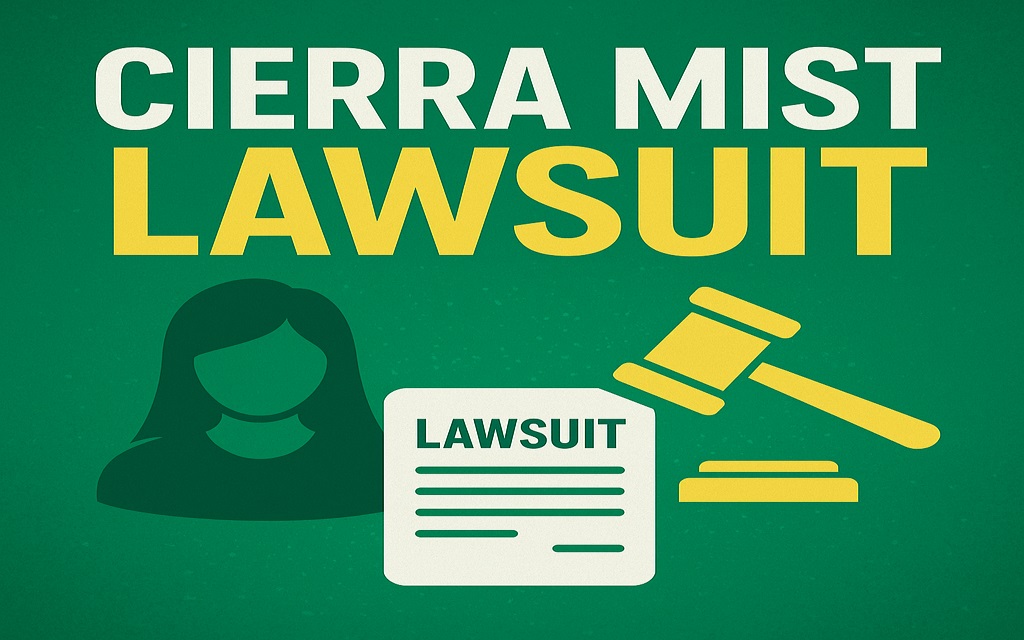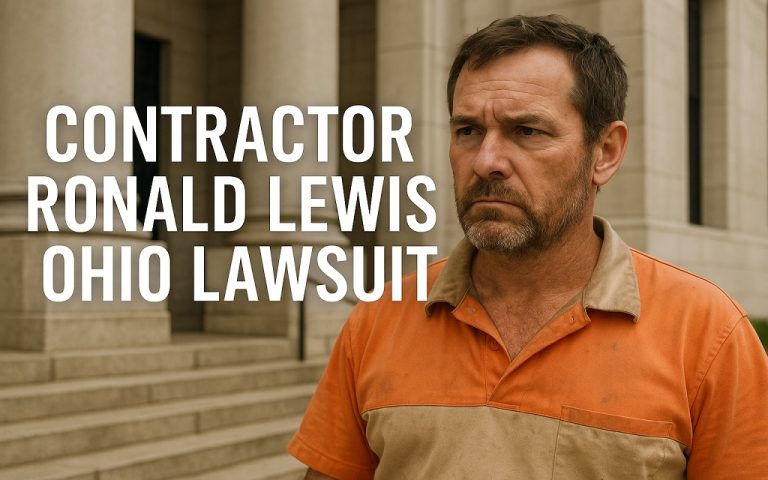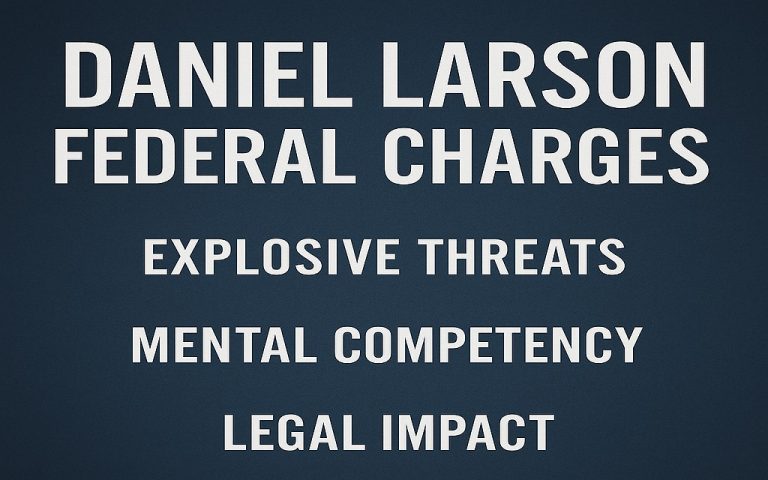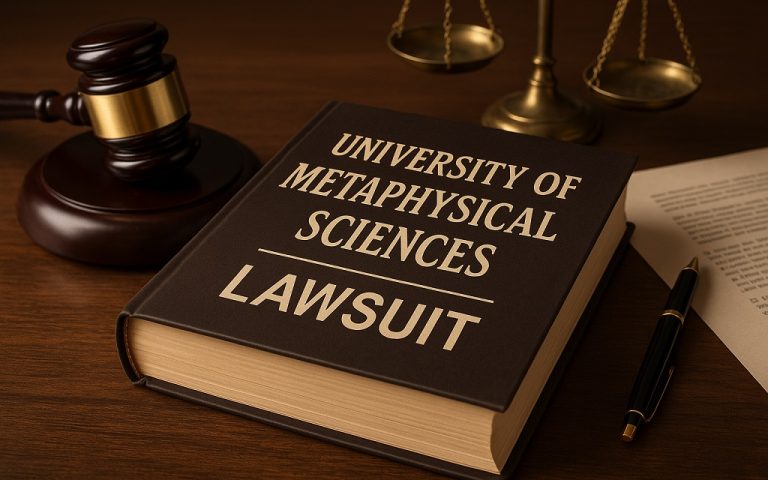The online dispute between TikTok creator Cierra Mistt and PepsiCo gained fast attention after Mistt told her followers that the company took legal action against her because her name sounded similar to Pepsi’s former soda, Sierra Mist. Her posts spread across TikTok and YouTube, where she described the issue as a trademark conflict that she said ended in her favor.
Interest grew even more after PepsiCo quietly retired the Sierra Mist brand and introduced Starry in 2023. With no official statement from PepsiCo confirming any dispute with Mistt, the public was left wondering what actually happened, what claims were made, and whether the conflict ever moved into a courtroom.
Competitor reporting, including GreenMatters, shows the issue remains clouded by limited public records and vague statements from both sides. The debate continues because Mistt made direct claims about legal action, while PepsiCo has not issued a public comment confirming or denying the matter.
How the Dispute Started
According to Mistt’s July 2023 YouTube video and a February 2023 TikTok post, PepsiCo accused her of trademark infringement based on the similarity between her online persona, “Cierra Mistt,” and the company’s former soft drink, “Sierra Mist.” Mistt told viewers that she had used her name since the early days of AOL Instant Messenger, well before she became a known content creator.
Mistt stated that Pepsi “tried to sue her and lost,” adding that the dispute was resolved “amicably” for legal reasons. GreenMatters notes that she hinted at a legal victory but did not provide documents or details. Her comments triggered large-scale speculation about whether a lawsuit was ever filed or whether the conflict happened privately.
PepsiCo has not released a public statement addressing Mistt’s claims, leaving the online conversation driven almost entirely by her account of events.
Background of the Cierra Mistt Case
The timing of Mistt’s allegations coincided with PepsiCo’s corporate transition. In January 2023, the company ended production of Sierra Mist after more than two decades and introduced Starry, a new lemon-lime soda aimed at younger consumers. The rebrand generated curiosity, leading some online users to question whether trademark concerns played a role.
According to competitor reports, Mistt’s claims emerged as Sierra Mist products disappeared from shelves. This overlap created an online narrative linking the retired soda with Mistt’s trademark statements, even though no public evidence shows that the rebrand was related to her.
Because neither party has provided legal filings, official statements, or documentation, the matter rests almost entirely on the public’s interpretation of Mistt’s social media posts.
Key Allegations
Plaintiff: Cierra Mistt (Based on Her Public Statements)
- She claims PepsiCo accused her of trademark infringement.
- She states PepsiCo “tried to sue her and lost.”
- She says the dispute was “amicably resolved,” without details.
Company Response
- PepsiCo has issued no public comment, according to GreenMatters.
- There are no publicly available court filings confirming litigation.
Public Reactions
- Some viewers believe Pepsi overreached to protect a corporate trademark.
- Others question the accuracy of Mistt’s statements, given the absence of public documentation.
All allegations originate from Mistt’s own statements and competitor reporting. No official litigation record is available in federal or state court databases.
Timeline of the Cierra Mistt Case
1. Early Complaints & Consumer Reports
According to GreenMatters, the discussion began after Mistt claimed publicly that PepsiCo contacted her about trademark infringement. Her posts on TikTok and YouTube generated immediate attention, with users sharing reactions, questions, and theories.
2. Company Response or Public Reaction
PepsiCo remained silent, providing no official confirmation or denial of Mistt’s claims. The lack of a corporate statement fueled online speculation and debates across TikTok, Reddit, and creator-economy forums.
3. Legal Filings & Court Actions
Competitor reporting indicates no publicly verified filings in federal or state courts. GreenMatters notes that Mistt implied legal proceedings occurred, but did not release documents. No case number, court record, or lawsuit confirmation has been published by PepsiCo.
4. Judicial Comments
There are no verified judge statements or court comments, as no public case record exists.
5. Regulatory or Government Actions
No agency action (USPTO, FTC, or state authority) is linked to the matter in public databases.
6. Settlement Timeline
Mistt stated that the conflict was “amicably resolved,” but competitor reporting notes that she did not provide evidence of a settlement or agreement. No public verification exists.
7. Current Status (Latest Verified Update)
As of the latest competitor reporting, the dispute appears to be closed privately or unresolved publicly. The only available information remains Mistt’s commentary and online discussions.
Additional Case Details
GreenMatters notes that the situation raises broader questions about how intellectual-property rights function in the digital era. Influencers often build brands around personal names, while companies must protect long-standing trademarks. Without transparency from PepsiCo or access to court filings, the dispute remains a public-narrative issue rather than a documented legal case.
Experts cited in competitor reporting emphasize the importance of clear boundaries between corporate marks and creator identities—especially as online personas become commercial assets.
Final Summary
The Cierra Mist lawsuit remains unverified in public court records, but the dispute became a major online topic after Mistt’s statements about PepsiCo’s alleged trademark claims. With PepsiCo silent and no legal filings available, the public conversation continues to rely on Mistt’s own descriptions and limited competitor reports. The controversy highlights the challenges creators and corporations face when digital identities overlap with established trademarks.
FAQs
Did PepsiCo sue Cierra Mistt?
According to Mistt’s statements, PepsiCo attempted legal action. However, no public court filings confirm a lawsuit.
Why was Sierra Mist discontinued?
PepsiCo retired Sierra Mist in January 2023 and replaced it with Starry as part of a product rebrand.
Did PepsiCo lose a lawsuit against Cierra Mistt?
Mistt claims they did, but no official documents or statements confirm litigation or a judgment.
Is Starry connected to the dispute?
There is no verified evidence linking the Starry rebrand to any conflict involving Mistt.
Has PepsiCo commented on the situation?
No. Competitor reporting states the company has remained silent.
Disclaimer: All information in this article is taken solely from verified public sources, including competitor publications and reputable news outlets. Nothing in this article is based on assumptions or predictions. No legal advice is provided. If new official documents or statements are released, this article may be updated to reflect verified information.
Musarat Bano is a content writer for JudicialOcean.com who covers lawsuits, legal news, and general legal topics. Her work focuses on research-based, informational content developed from publicly available sources and is intended to support public awareness. She does not provide legal advice or professional legal services.




